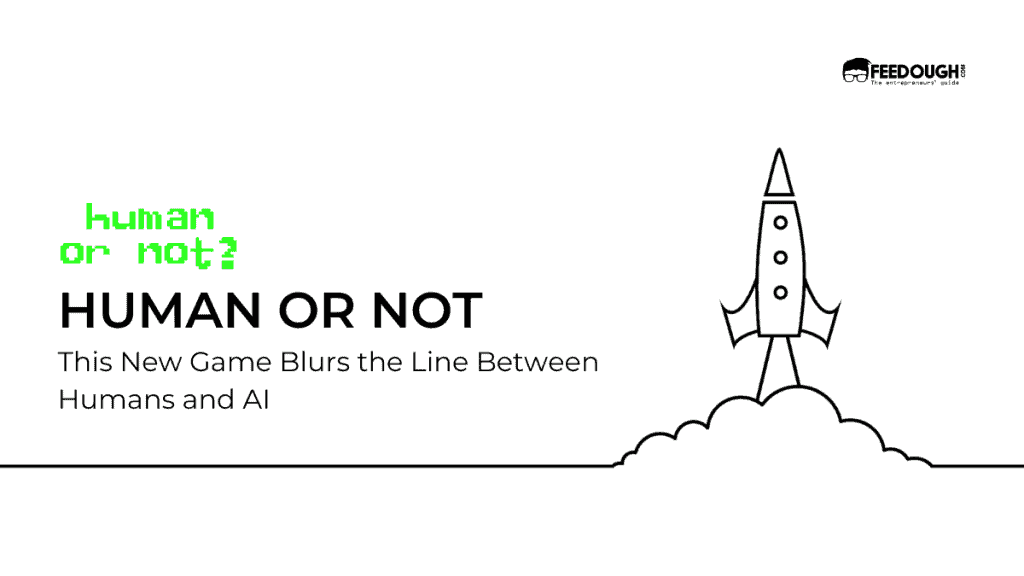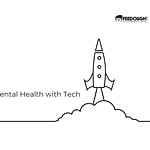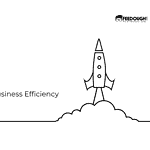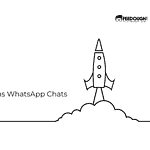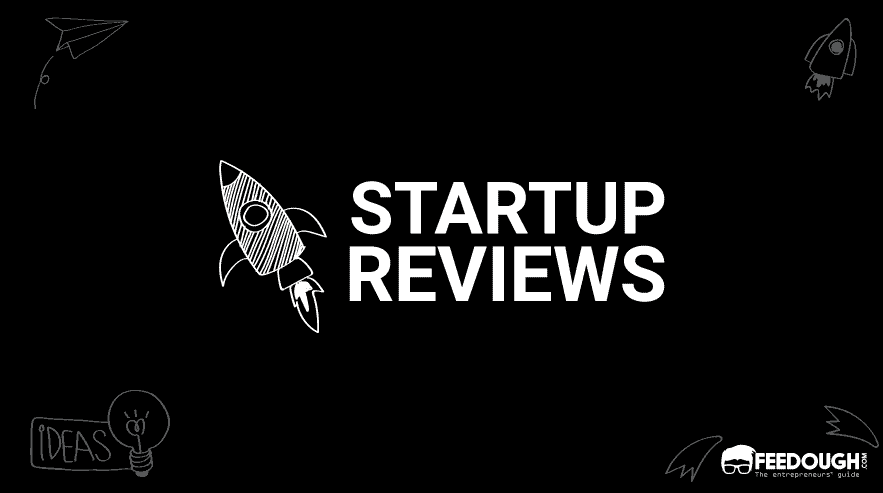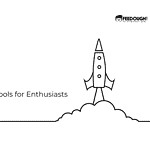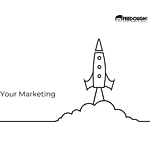In the rapidly evolving landscape of technology, the line between human and machine grows ever more blurred. Tech enthusiasts and casual conversationalists alike are finding themselves immersed in a world where digital chatterboxes can mimic the wit and unpredictability of human banter. But amidst this technological hustle, one startup is turning the AI conundrum into a playground of discovery. “Human or Not” invites players into a realm where guessing the nature of one’s interlocutor becomes a game as intriguing as it is revealing.
With a keen eye on the pulse of AI development, “Human or Not” has crafted a niche for those hungry for interaction that’s both intellectually stimulating and delightfully uncertain. This startup has spun the possibility of AI deception into an opportunity for entertainment and education, capturing the fascination of a diverse audience. From gamers to scholars, the allure of unmasking an artificial intellect—or being fooled by one—resonates.
By infusing the classic Turing test with a modern twist, “Human or Not” isn’t just a pastime; it’s a testament to our times. This game challenges perceptions, pushing players to question the very essence of conversational reality. We did an interview to find out how “Human or Not” is charting new territory in the digital dialogue dance.
What is Human or Not?
Human or Not is an intriguing platform that turns the age-old question “Am I speaking with a human or a machine?” into an entertaining game. It’s a space where tech enthusiasts, gamers, and the general public converge to test their ability to discern between AI-generated responses and those of a real person. The startup taps into the collective curiosity about artificial intelligence and its capabilities, offering a playful yet educational experience.
The problem that Human or Not addresses is quite unique: the challenge of recognizing the subtle nuances that differentiate human communication from that of AI. In a world where AI is becoming increasingly sophisticated, this startup provides a solution that is as simple as it is effective. By engaging users in a game where they guess the nature of their conversational partner, Human or Not enhances their understanding of AI’s conversational skills.
What sets Human or Not apart is its dual focus on entertainment and education. Unlike other platforms that may prioritize one over the other, Human or Not strikes a balance, making it a valuable tool for schools and universities while still keeping the experience light and enjoyable for casual users. It’s this blend of fun and learning that gives the startup its edge in the market.
With the game’s daily user count reaching 13,000 and between 50,000 to 70,000 games played each day, it’s clear that Human or Not has struck a chord with its audience. This success is achieved organically, indicating a genuine interest and engagement from its user base. It’s a testament to the startup’s understanding of its audience’s desire for interactive and thought-provoking content.
Human or Not Founders
Oleg Nederev is the mastermind behind the innovative startup “Human or Not,” where he holds the reins as CEO. With a background steeped in development, Oleg has always been at the forefront of the tech wave, harnessing the raw potential of artificial intelligence to create something that’s not just a game, but a conversation starter about the future of human-AI interaction.
The inception of “Human or Not” is a tale of curiosity meeting opportunity. In the early days, Oleg and his team faced the kind of growth that would be the envy of any startup—a surge of users that tested the limits of their platform. It was a litmus test for their resilience and a clear sign that they were onto something special. The game, still in its testing phase, was already capturing the imagination of users, eager to explore the nuances of AI communication.
Driven by a passion for the ever-shifting AI landscape, Oleg saw the chance to challenge public perception and offer a unique blend of entertainment and insight. The concept for “Human or Not” sprang from a simple yet profound question: can we tell if we’re talking to a human or a machine? This question set the wheels in motion, leading to a game that’s as much about the joy of discovery as it is about understanding the complexities of AI.
Navigating the startup world can be as challenging as it is thrilling, and Oleg’s journey with “Human or Not” is a reflection of that dynamic. From the adrenaline of the initial user influx to the steady task of refining the game and nurturing its growth, every step has been a learning curve. It’s a story that resonates with the spirit of innovation, a reminder that at the heart of every tech venture is a team of people driven by a shared vision to push boundaries and redefine what’s possible.
Interview with Oleg Human, CEO of Human or Not
Having recently discussed the intriguing concept behind “Human or Not,” I had the opportunity to delve deeper into the startup’s journey through an interview with Oleg Human, the CEO. Oleg, with his keen insight into the AI industry, shared his experiences and the vision that drives “Human or Not.”
Q: What sparked the idea for “Human or Not,” and how did you move from concept to reality?
A: The idea sprang from a fascination with AI’s rapid advancements. We wanted to create a space where anyone could engage with AI and understand its capabilities. Moving from concept to reality involved lots of prototyping and user feedback. It was crucial to ensure the game was not only fun but also a true reflection of AI’s conversational skills.
Q: How did you manage the unexpected surge in users during the testing phase?
A: It was a mix of excitement and rapid response. Our team worked around the clock to scale up our infrastructure and ensure a seamless experience for users. This challenge was a significant learning experience and highlighted the importance of being adaptable.
Q: What strategies are you implementing to ensure the game remains relevant and engaging for your users?
A: We focus on continuous improvement, integrating the latest AI developments, and listening to our community. We’re also exploring partnerships with educational institutions to incorporate “Human or Not” into learning environments.
Q: Could you share some insights on how you plan to monetize the platform?
A: While monetization is in the pipeline, our current priority is user experience and growth. We’re considering several models, including premium features and educational licenses, but we’ll decide based on what aligns best with our users’ interests.
Q: What advice would you give to someone starting their own tech startup?
A: Be prepared for a rollercoaster ride and stay focused on your vision. It’s vital to solve a real problem and be flexible enough to pivot when necessary. Engage with your users—they’re your most valuable resource for feedback and improvement.
Q: How do you see “Human or Not” evolving in the next few years?
A: We’re aiming to become a go-to platform for understanding and interacting with AI. We want to expand our user base, refine our technology, and continue providing an enjoyable and educational experience. The goal is to make “Human or Not” synonymous with AI communication.
Oleg’s insights provide a window into the world of a tech startup navigating the exciting yet challenging terrain of AI. “Human or Not” stands as a testament to the power of innovation and the importance of bridging the gap between technology and the general public.
Feedough’s Take on Human or Not
“Human or Not” is a refreshing take on the AI conversation, cleverly packaged into an engaging game. Its success lies in its ability to make cutting-edge technology accessible and enjoyable, a crucial plus in a market where tech can often feel intimidating. The startup’s organic growth reflects its ability to resonate with users and suggests a promising future trajectory.
As for suggestions, the challenge for “Human or Not” will be maintaining relevance in a fast-paced tech world. Staying ahead of AI advancements and continuously refining the user experience will be key. Partnerships with educational institutions could further disrupt learning, making complex AI concepts digestible.
Looking ahead, we can expect “Human or Not” to continue blurring the lines between play and education, while potentially shaping the public’s understanding of AI. It’s the kind of startup that doesn’t just ride the wave of tech trends—it creates them.
Get Your Startup Reviewed By Feedough!
Get discovered by over 500,000 monthly visitors. Explain your offering to over thousands of potential investors, customers, and top blogs.
Startup reviews are custom written posts by our experienced team who’ll work closely with your team to create the best pitch possible. The review article will be posted and shared with thousands of our subscribers over emails, social media posts, and push notifications.
Use this form to get in touch.
A startup consultant, digital marketer, traveller, and philomath. Aashish has worked with over 20 startups and successfully helped them ideate, raise money, and succeed. When not working, he can be found hiking, camping, and stargazing.
